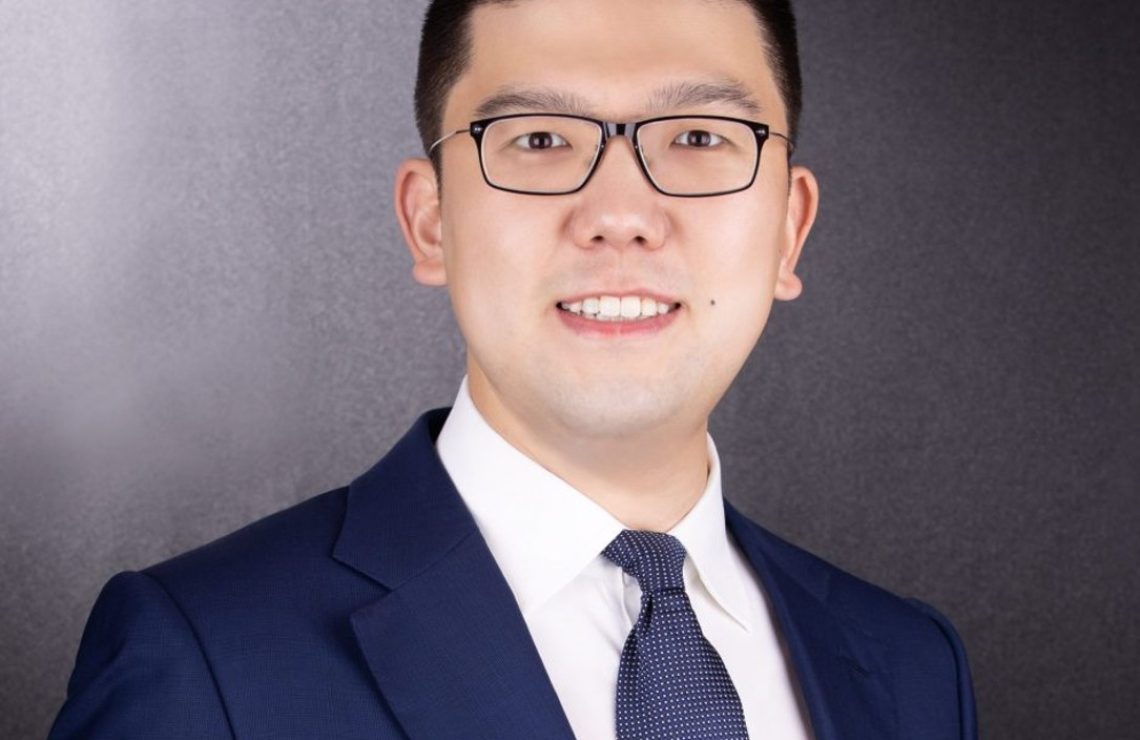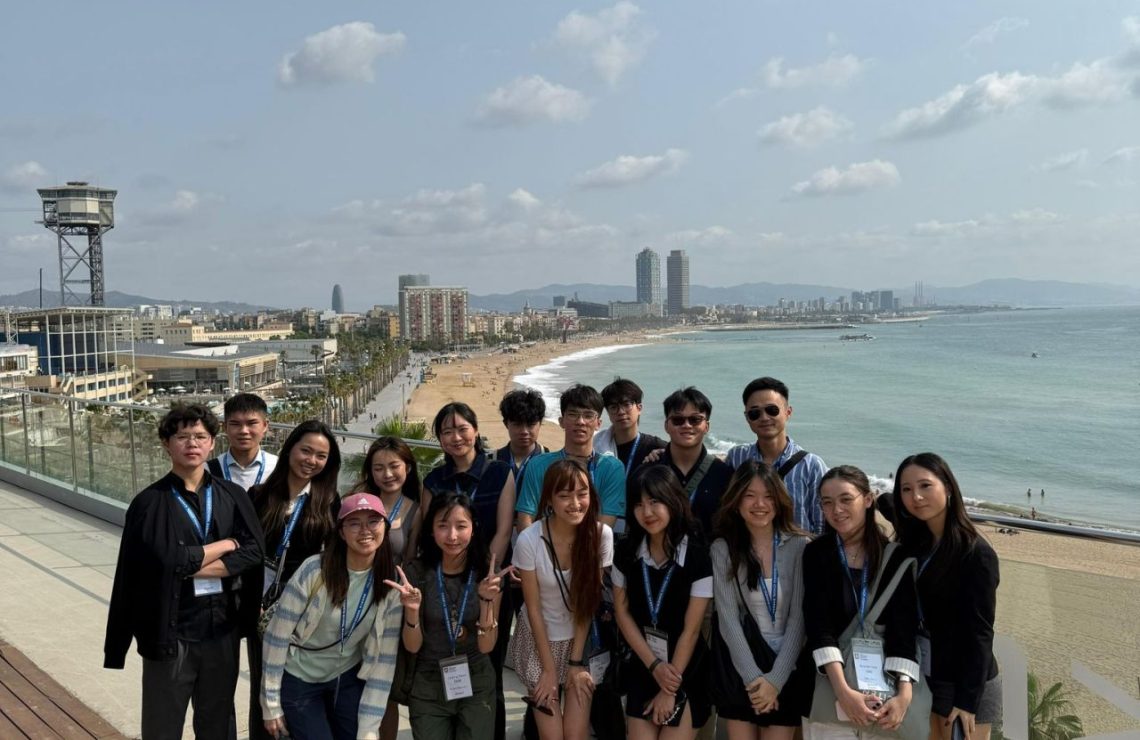Art, Economics, Life: Professor Jin LI
In search of happiness
Professor Li originally planned to become an actuary as it was believed to be the best job for overall happiness. However, encountering the father of modern differential geometry, Shiing-Shen Chern, in a two-week research programme has become a turning point of Professor Li’s life. That experience has Professor Li addicted to knowledge production and realized that the freedom an academic enjoys is what he craves in life. Thereafter, Professor Li gleefully embarked on his academic journey.
Bengt Holmström, 2016 Nobel Prize Winner in Economic Sciences, and a member of Professor Li’s PhD committee member, is another impactful figure. Professor Holmström’s ability in observing the unobvious and his philosophical approach in research have encouraged Professor Li to become an economic theorist specialized in simplifying complex phenomena.
To see things clearly
The world is complicated and full of unknowns. Yet our brain is limited—psychologists suggest that our minds can only remember seven items on average, and the models we have about the complex world are necessarily incomplete and inaccurate. All economics models are wrong (in the sense that they cannot perfectly capture the reality), but some are better than others. Good economics model offer a perspective to see important facts that are ex ante surprising but ex post natural.
Being able to reckon the limitations of our analytical models marks the watershed between studying and researching economics. Undergraduate training enables one to utilize quantitative methodologies to understand the logic of the models but postgraduate research is beyond mathematical questions that are placed in a right-or-wrong dichotomy. Research is an art as it involves value judgement in the sense that it’s about deciding which aspects of the reality to focus on. Professor Li believes that the work process of economic theorists has a lot in common with that of artists, painters and poets in particular. The similarity does not merely lie in the fact that both involve creativity. More importantly, both struggle to represent the complex world using limited medium, be it an essay or a math formula. These limitations imply that art works and economic models are inevitably distortions of reality. The key decisions are therefore to decide which aspects of reality to sacrifice and which aspects highlight the more important and perhaps deeper truth of the world. If done well, one finds beauty in painting, in poems, and in economic models. Professor Li highly recommended books such as E.H. Gombrich’s Art and Illusion, and T.S. Eliot’s On Poetry and Poets.
A Research Odyssey
The research journey shared by Professor Li is his research on how firms should design their promotion protocols in order to attract, motivate, and retain talent, particularly when the growth rate of the firm fluctuates over time. As a short summary, the research concludes that the best promotion mechanism is a combination of first-come-first-serve and random allocation. Workers waiting for promotion are divided into two groups: a top group in which everyone (with the same ability) has the same chance of being promoted, and a bottom group in which no one can get promoted immediately, but wait to join the top group under the first-come-first-serve rule.
While the result is simple, it took Professor Li and his coauthors several years to derive it. In earlier stage of the research, Professor Li had included several additional variables (such as wages and bonuses) into the model. While these variables are realistic, they make the optimal promotion rule opaque and the analysis cumbersome. After being put in a standstill for a long time, Professor Li decided to exclude these variables. The exclusion allows him to focus on the heart of the problem, and in turn creating a streamlined model which produced a clear and simple result.
Way forward
As a creative organizational economist, Professor Li has always considered our body as an organization on his own. Realizing that creating an AI thinking like a human is a goal among machine learning scholars, out of interest in understanding the differences between the command structures of androids and humans, Professor Li has ventured into related fields. He has also shared some insights with us on the correlation of neural science and machine learning.
“When we are holding a cup of hot coffee, our hand will want to let go but our brain will force it to hold it. But if the coffee is too hot, our hand will bounce off upon contact nonetheless. Therefore, I believe that knowledge in neural science help us understand more on how machine learns”







